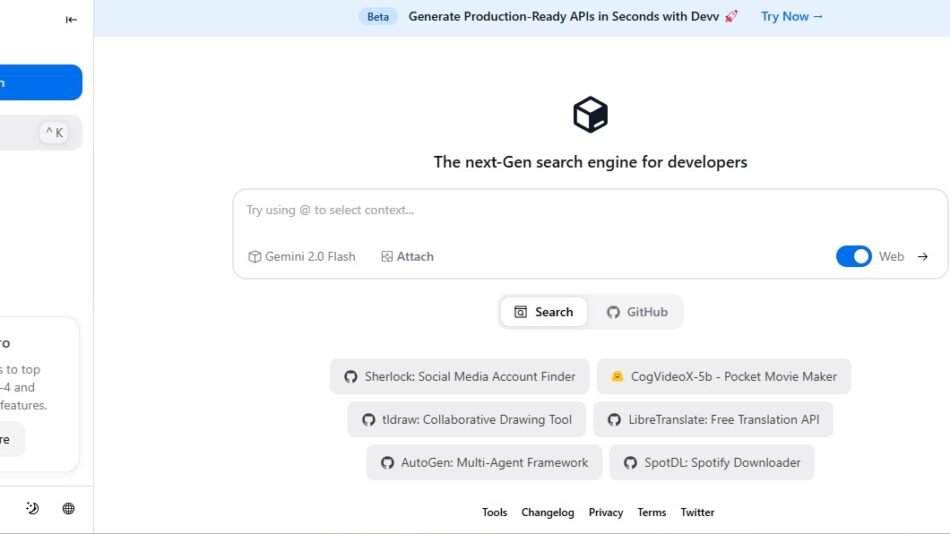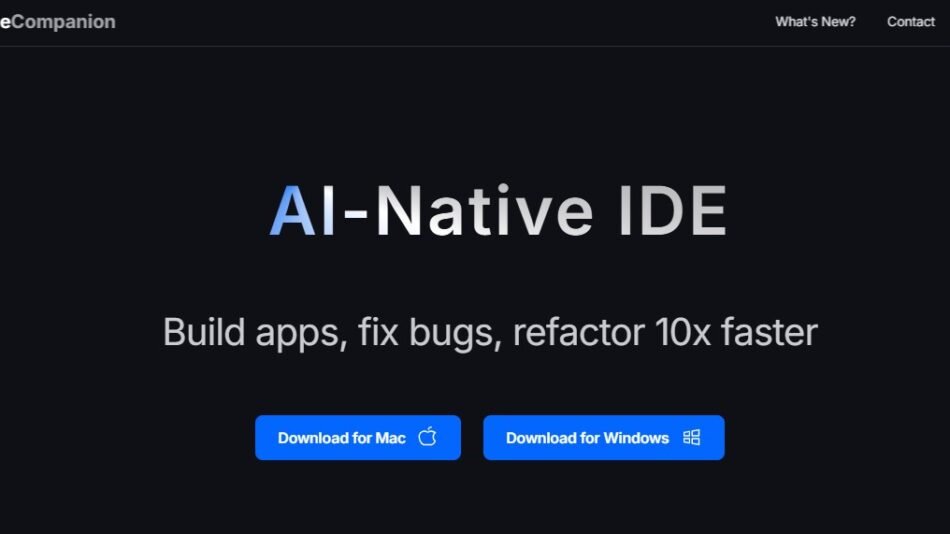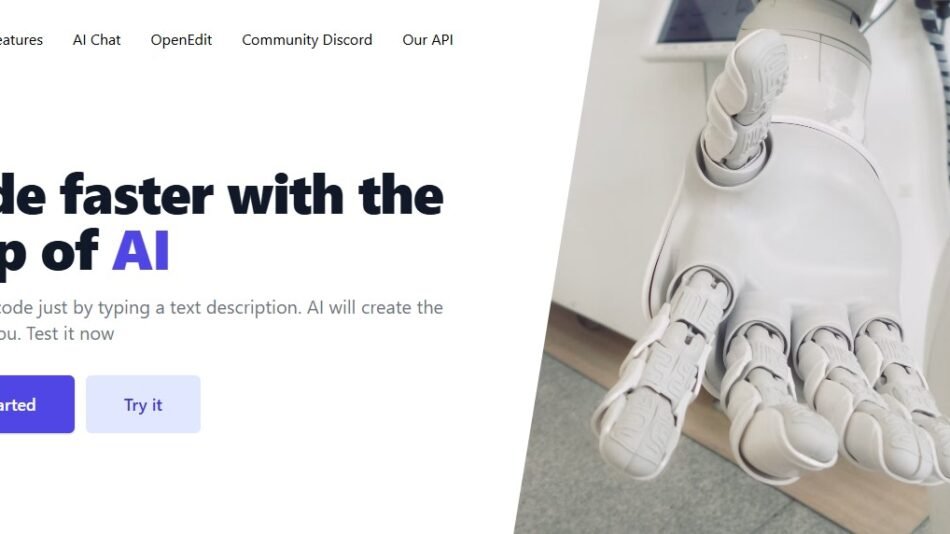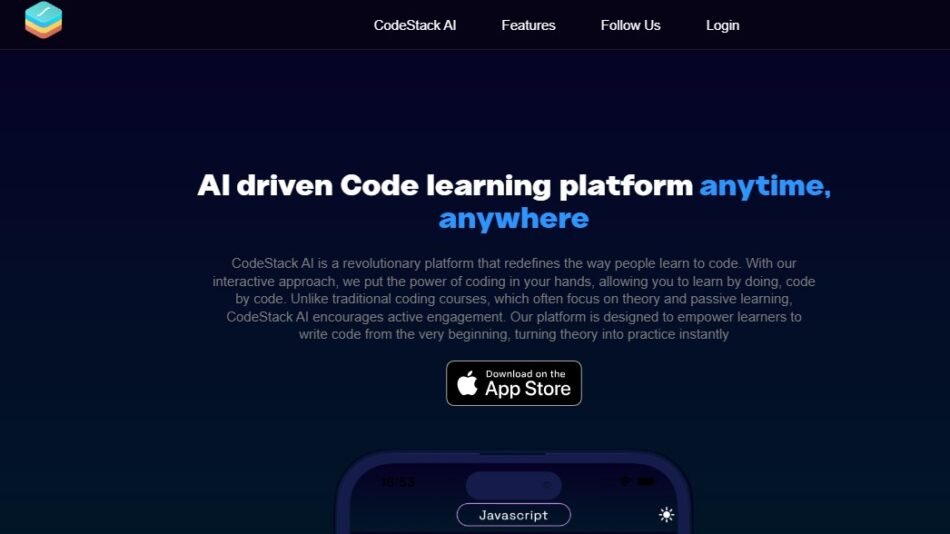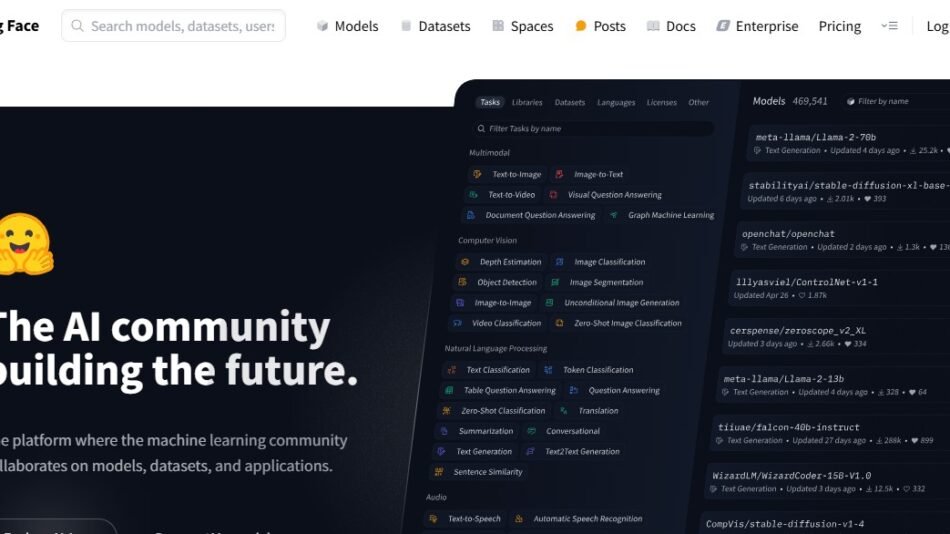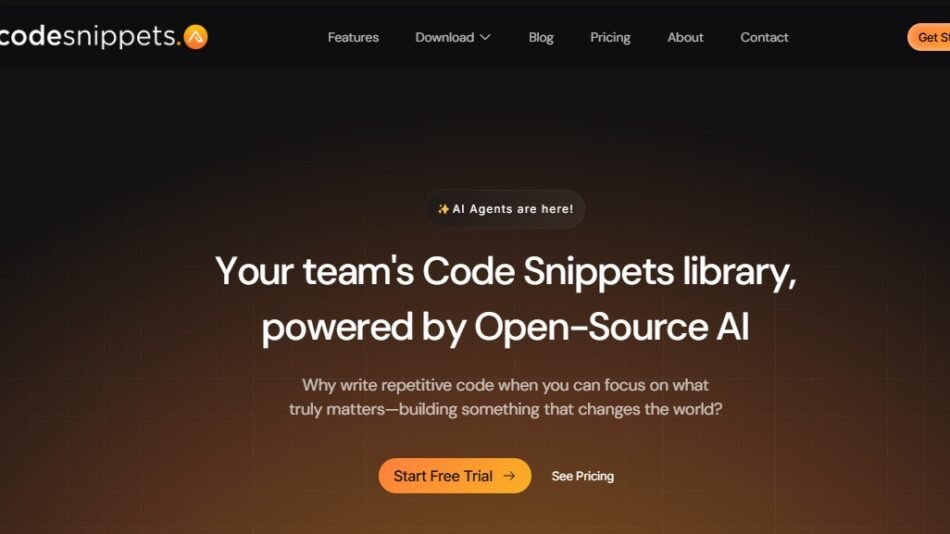OpenAI Codex is a state-of-the-art AI model that converts natural language into code, making programming more accessible and efficient. As the engine behind GitHub Copilot, Codex understands and writes code across multiple languages, enhancing the coding experience for both novice and experienced developers. It helps streamline the development process by generating code snippets, auto-completing code, and even offering solutions to coding problems.
Features
- Natural Language to Code: Codex translates plain English commands into functional code, simplifying coding tasks.
- Multi-Language Support: It supports a variety of programming languages, including Python, JavaScript, Ruby, and more.
- Code Completion: Codex auto-completes code snippets, reducing the amount of manual coding required.
- Debugging Assistance: Codex can identify errors and suggest fixes, aiding in debugging.
- Code Explanation: It provides explanations for code, helping users understand the logic behind the code generated.
- API Integration: Codex can interact with APIs, generating the necessary code to make calls and handle responses.
How It Works
OpenAI Codex functions as an AI-powered assistant within development environments. Users input natural language descriptions of what they want the code to do, and Codex translates these descriptions into executable code. This process significantly reduces the time and effort required to write code, allowing developers to focus on more complex tasks. Codex is also integrated into tools like GitHub Copilot, where it provides on-the-fly code suggestions and completions as users type.
Use Cases
- Software Development: Accelerates the coding process by generating and completing code snippets.
- Learning and Education: Helps new developers learn programming by providing code explanations and examples.
- API Interactions: Automates the generation of code for interacting with APIs, reducing manual coding errors.
- Debugging and Testing: Assists in identifying and fixing bugs, streamlining the development workflow.
Pricing
OpenAI Codex is available through GitHub Copilot, which offers a subscription model:
- Individual Plan: $10/month or $100/year for personal use, providing full access to Codex’s capabilities within GitHub Copilot.
- Business Plan: Custom pricing for teams and organizations, including additional features like compliance and security tools.
Strengths
- Efficiency: Speeds up coding tasks, allowing developers to focus on more critical aspects of their projects.
- Accessibility: Makes coding more accessible to non-programmers by interpreting natural language commands.
- Versatility: Supports a wide range of programming languages and tasks.
Drawbacks
- Dependence on AI: Over-reliance on Codex may hinder the development of coding skills in beginners.
- Accuracy: While powerful, Codex may occasionally generate incorrect or suboptimal code that requires manual review.
Comparison with Other Tools
Compared to traditional coding tools, OpenAI Codex offers a significant leap in functionality by understanding natural language and converting it directly into code. While tools like IntelliSense or Kite provide code suggestions, Codex’s ability to generate entire code blocks and explanations sets it apart. GitHub Copilot, powered by Codex, competes with other AI-driven tools but stands out due to its deep integration with GitHub and its broad language support.
Customer Reviews and Testimonials
Users praise Codex for its ability to save time and reduce the cognitive load during coding. Developers appreciate how it helps streamline workflows, particularly in generating boilerplate code and handling routine tasks. However, some users express caution, noting that Codex-generated code should be reviewed to ensure accuracy and efficiency, especially in critical applications.
Conclusion
OpenAI Codex is a groundbreaking tool that significantly enhances the coding experience. Its ability to translate natural language into code, support multiple programming languages, and provide intelligent code suggestions makes it a valuable resource for developers of all skill levels. While it has some limitations, the benefits of integrating Codex into your development workflow are substantial, particularly in terms of efficiency and productivity.

